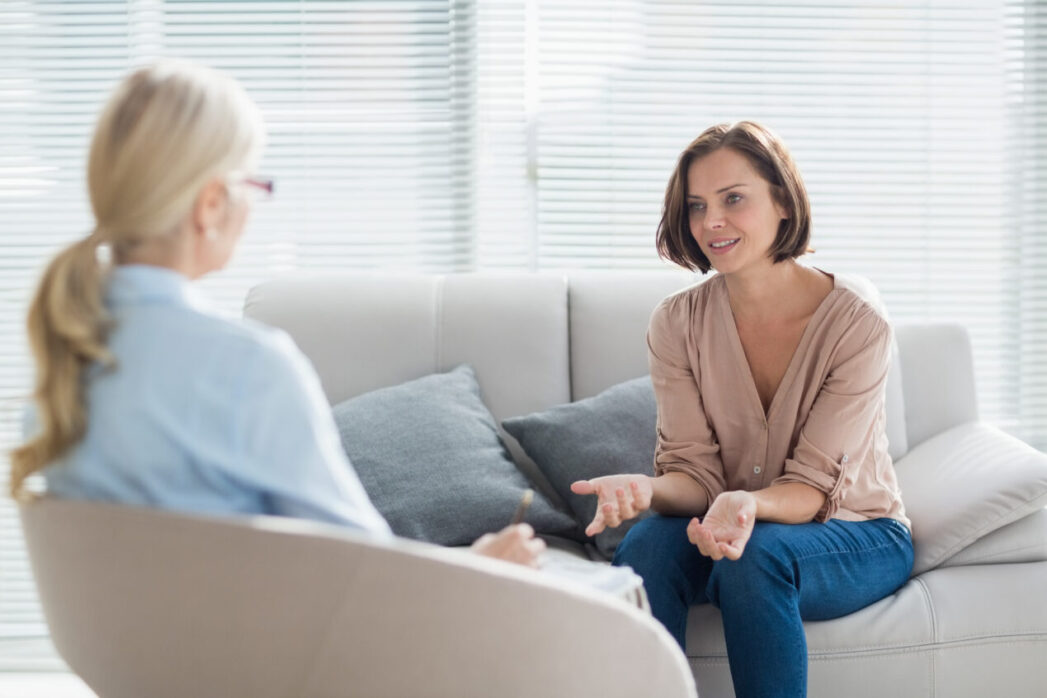Are you going to talk therapy for the first time? Hey, we’re super proud of you! This is a huge step in a positive direction, but it can be scary. We’re here to help you feel a little more prepared by filling you in on what you can expect as you start this journey.
Wait Time
If you have an in-person appointment, it may feel similar to any other medical office visit. You’ll likely check in with a receptionist, fill out paperwork, and wait to hear your name.
Intros
It’s normal for your first therapy session to be a lot of getting to know each other and establishing a connection. You don’t have to start with your deepest, darkest secrets. If you feel more comfortable talking about your latest Netflix binge or a recent book you enjoyed reading, that’s okay.
Need Something?
Inevitably, your therapist will ask why you sought out therapy. They will also ask about your needs, any issues you would like to address, and a little about your mental health history. These are all very routine questions. By the end of your first conversation, your therapist should understand your needs and how best to help you.
Hard Hitters
Plan on your therapist asking questions about topics that go beyond addressing your needs, such as your family’s mental health history, any mental health symptoms you may be experiencing, what your home life is like, if you’ve ever experienced suicidal thoughts, if you have a history of self-harm, etc. These questions may be difficult to answer, but it’s important that you are honest and upfront with your therapist from the start.
Check In
After your first session, check in with yourself and see how you feel. Now pat yourself on the back because you’re doing something many people don’t have the courage to do. Remember that the hardest part is often making it through the first session.
How to Tell if Therapy Is Working
You likely won’t feel it after just one session, but there are some signs to look for when it comes to determining if therapy is working out in your favor.
Feeling Ready
Your therapist may give you some “homework” after each session. While you may not be excited about it, making an effort to change means therapy is working.
Connections Have Been Made
Your therapist doesn’t have to be your best friend, but it’s important that you feel like you mesh well. You need to feel comfortable, like you can be yourself and be honest with them. If the relationship feels forced, sessions could become more exhausting than helpful. On the other hand, if you look forward to seeing your therapist and can open up with them, you’re heading in the right direction.
You’ve Been Thinking
You may notice that your thinking is a little positive or realistic, which may encourage some changed behaviors. These are all signs therapy is looking good on you.
Relationships Are Changing
You may notice you’re less confrontational with certain people or setting and sticking to more boundaries. Fewer conflicts and using new resolution skills are big signs therapy is helping.
Do you have any tips for first-time therapy-goers? Share them with us in the comments below!






